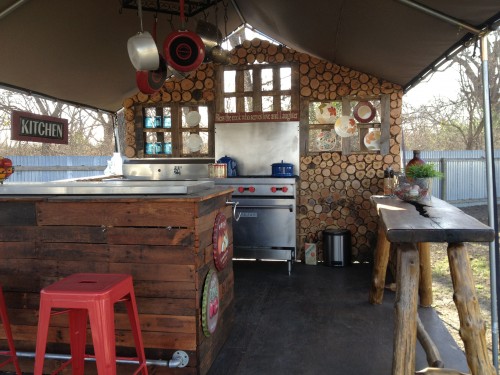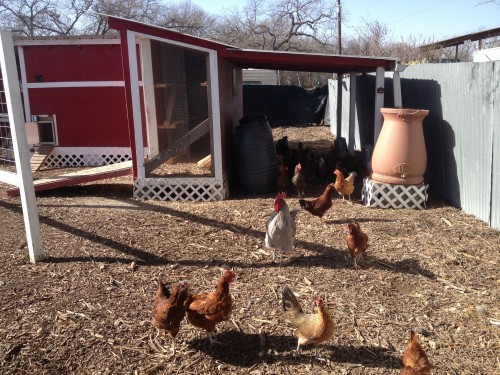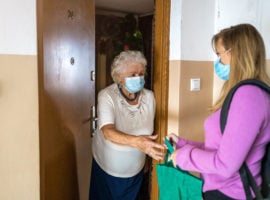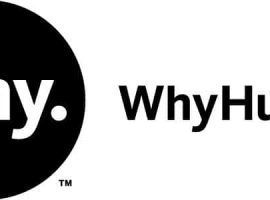In January, NHC staff traveled to Austin, Texas to attend the One World Everybody Eats Summit and to visit with some new and old partners. Although each event or partner carries out different activities, they all demonstrate how community building can be a powerful tool for change.
Our first stop was The Sustainable Food Center (SFC). This community food security organization uses a systems approach to their work centered around their motto: grow, share, prepare. The Grow Local program (grow) teaches adults and children how to grow food in various parts of the community, such as schools, community gardens or in their own backyards. Their Farm Direct program (share) connects farmers to consumers at schools, businesses and several SFC-run weekly farmers markets that accept SNAP and WIC and offer a double coupon value program. The Happy Kitchen/La Cocina Alegre program (prepare) trains peer facilitators from the community to teach free nutrition and cooking classes in low-income communities. With a new building equipped with a state of the art kitchen, SFC hopes to expand their work and offer a wide variety of cooking and nutrition classes open to the entire Austin community.
Our next stop was Mobile Loaves and Fishes (MLF), an organization that is literally and figuratively building a community for people who have experienced homelessness in Austin. About 15 years ago, MLF started their social outreach program, which provides food and clothing to those who live on the streets. Through conversations with people they met, they realized that a main contributor to homelessness was lack of family support and lack of community. So MLF decided they were going to be the family and community support people never had. They started with moving people off the streets and helping them access affordable housing. In their ROADS program, they offer clients the opportunity to earn a living through microenterprise opportunities, such as running their own ice cream or coffee carts or a waterless car wash business.
Now they are on the verge of physically building a community with the Community First! Village. This ambitious 27 acre village will house about 200 chronically homeless and disabled people in refurbished RV, mobile homes and tiny homes and will include a church, a medical facility and a woodworking workshop. Housing and furniture for the Community First! Village is being renovated by the clients who have carpentry skills or have received training through MLF. A portion of the property will house a bed and breakfast that will be run by the residents of the village and will be a source of earned income. The Community First! Village will also include the Genesis Gardens, an existing program of MLF that provides fresh, healthy food for clients and trains them in gardening, animal husbandry, aquaponics and beekeeping skills. With this farm training, several clients have gone on to become farm managers at Genesis Gardens.
 A model community kitchen at the Mobile Loaves and Fishes Community First! Village
A model community kitchen at the Mobile Loaves and Fishes Community First! Village
 The chicken coop at Mobile Loaves and Fishes Genesis Gardens
The chicken coop at Mobile Loaves and Fishes Genesis Gardens
Our last stop in Austin was the One World Everybody Eats Summit. This annual summit brings together groups who are operating or developing pay-what-you can cafes, food trucks and restaurants. The concept behind pay-what-you-can restaurants is that healthy meals should be within everybody’s reach and by encouraging people to enjoy a meal together they can see the value of food as a glue and a catalyst for healthy people, relationships and communities. This economic model is also seen as alternative to the traditional soup kitchen. At a pay-what-you-can restaurant, patrons order a meal and can pay the suggested donation price, more than that amount or less. If a patron cannot afford to pay, they can volunteer their time at the restaurant in exchange for a meal. The One World Everybody Eats Annual Summit is a time to celebrate successes, address challenges and offer support, encouragement and advice. The popularity of pay-what-you-can restaurants and cafes has resulted in the doubling of restaurants growing from 16 to 34 establishments around the country in the last two years. This includes several pay-what-you can restaurants run by Panera Bread Company called Panera Cares. The most integral aspects of the pay-what-you-can model are that it cannot exist without the patronage of all sectors of society and that the most successful pay-what-you-can restaurants are situated in areas where people from all economic classes intersect and congregate.
What was apparent on this visit is that when you approach the issue of hunger with a community building lens, it forces you to look beyond this immediate symptom of poverty. It forces you to see things systematically and to create holistic solutions that radically transform lives.





